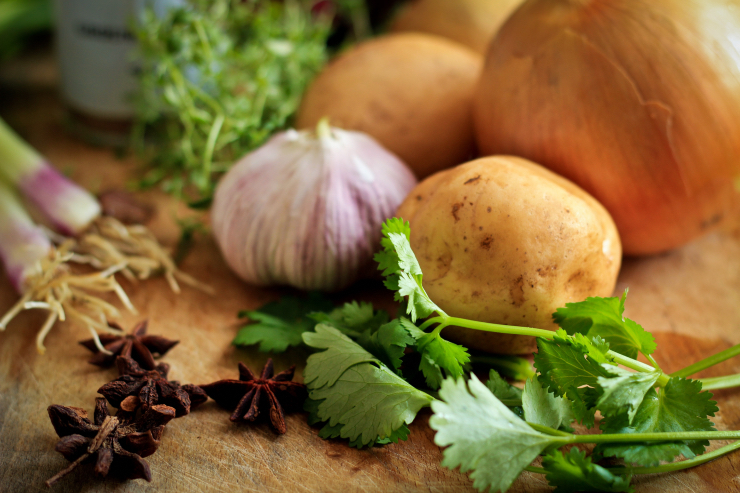We have all heard about the wonders of meal prepping—it can help you save money, allow you to eat healthier, save time, and feel less stressed, among other things. And creating an eco-friendly meal prepping plan can certainly benefit your day-to-day life.
Here are several tips to make your meal prepping routine more sustainable:
Watch Your Containers
Prepped meals are usually organized in convenient containers that can be taken anywhere for consumption. These can usually be stored easily and are microwave-friendly. However, sometimes people use containers that are thrown away after being used just one time. You do not want to do that.
Instead of purchasing single-use containers, use containers that can be reused as many times as you need. Further yet, purchase eco-friendly containers made from recycled waste or glass containers that can be recycled.
Regular plastic containers could contain harmful chemicals that could stick to your food. And when thrown away, these could also end up polluting trash that harms our environment.
So be sure to include these eco-friendly alternatives to help protect our planet.
Eat Consciously
Imagine the following: a week’s worth of prepped meals consisting of brown rice, roasted veggies, and grilled steak. Are there any mistakes here? Not at first glance. But once you know there is a quintuple rate of impacting emissions to produce beef when compared to chicken or pork, we can see the issue. You see, producing beef hurts the environment. A lot. While I’m not saying you should not eat meat, you might want to consider eating it less. Instead of having five meals with steak, have 2 with steak and 3 with salmon. You’ll help the planet and adding gastronomical variety to your week.
The impacts are significantly lower if you follow a vegan or vegetarian diet, by the way. Props to you if you do.
Support Local
Instead of buying everything at the grocery store, support local and visit your nearest farmers’ market. The produce will be fresh and will probably make your meals taste even more delicious. And better yet, your food will not have traveled hundreds of miles across the country, so that means a lot less fossil fuels will have been wasted to bring the products to you. And also, your neighbors will thank you for supporting their business. Everybody wins!

Plan your Meals
Next Thursday at 10 a.m. I have a doctor’s appointment. Okay, that’s not true, but isn’t it funny how carefully we always plan out our weeks? Whether it be having a date on Wednesday at 7 p.m., a meeting on Friday at 2 p.m., or lunch with our moms on Sunday, we always know what our week is going to look like.
Well, the same should be said of the meals in our meal plan. They should be carefully planned out.
Isn’t that the point of a meal plan you ask? Well, yes. But it goes beyond that.
You should only be buying the food you are going to use for the week. That way you don’t waste food—because sadly, the U.S. is still the #1 global leader in wasting food. And this really hurts our environment. So, before you grab your reusable grocery bag and head to Trader Joe’s, make sure you have a thought-out meal plan and a solid list. This will make everything a lot smoother.
Food Waste is Bad Taste
If you plan your meals properly you will avoid wasting a lot of food. But even then, you might end up with leftovers at the end of the week. So, what can you do? Well, I have a saying (that I just made up): ‘Life’s a breeze when you freeze.’ Freezing food is a great way to preserve food you do not want to throw away. Instead of throwing away that last meal you did not eat on Friday because you had In n’ Out, put it in the freezer. You can eat it next week!
Another thing you can do is compost the food you do not eat. Instead of letting your leftover scraps become landfill, use it to benefit your yard or garden. This will be a lot more fun, too!
That’s a wrap
Last but not least, please do not use plastic wrap or plastic bags. Instead, use eco-friendly alternatives such as Bee’s Wrap, a sustainable reusable food wrap made out of organic products. Another alternative are silicone sandwich bags. These are reusable and microwave-friendly, and also safe to put in the freezer. You could also use Mason jars to store food. They come in all sizes and are fun to use.
So, now that you have all these tips, get started on your eco-friendly meal prepping journey!
Keep up with all of Green Living’s content on our website and social media!





